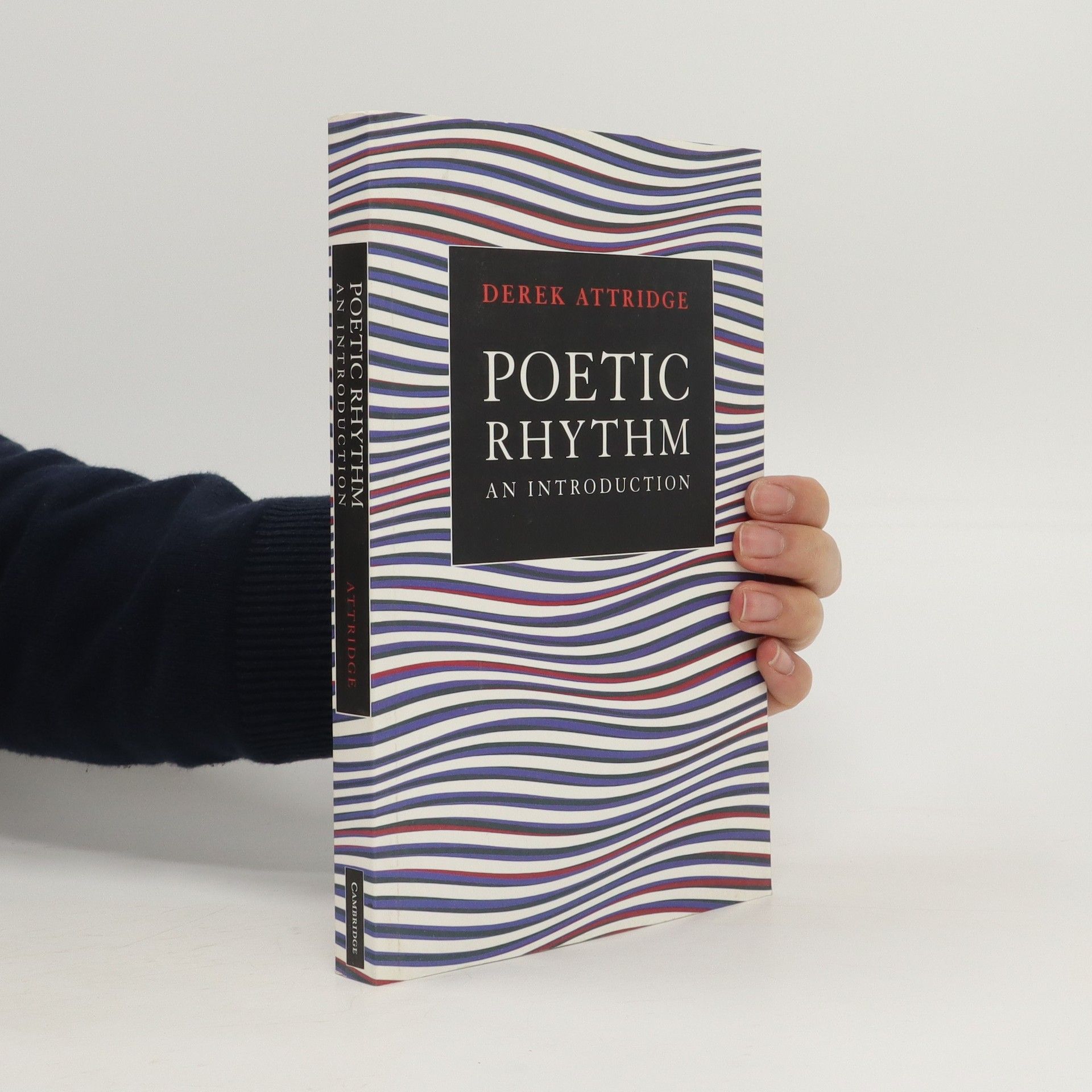Poetic Rhythm
- 294 pages
- 11 hours of reading
This is the first introduction to rhythm and meter that begins where students are: as speakers of English familiar with the rhythms of the spoken word, nursery rhymes, song and rap. Poetic Rhythm builds on this knowledge and experience, moving from basic questions about the rhythms of spoken English to the elaborate achievements of past and present poets. Terminology is straightforward and there are frequent practical exercises. Poetic Rhythm will help readers of English poetry experience and enjoy its power, subtlety and diversity, and will serve as an invaluable tool for those who write or discuss poetry in English.


